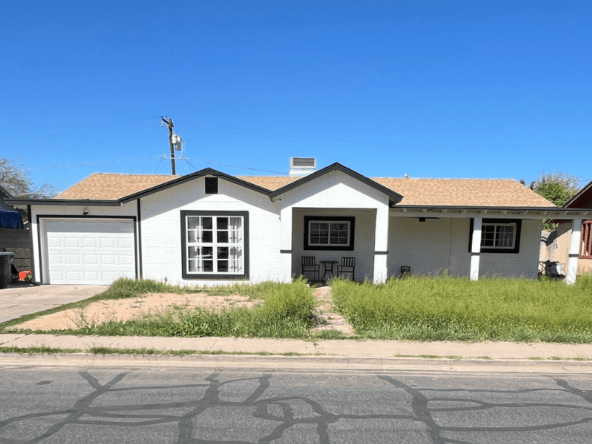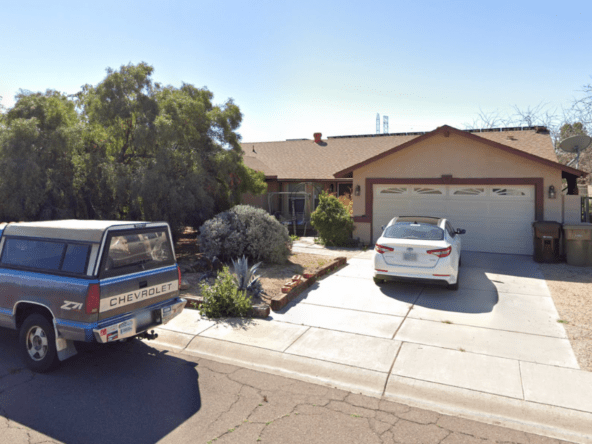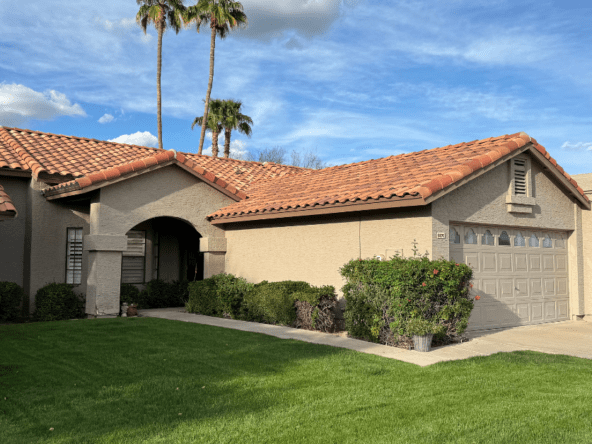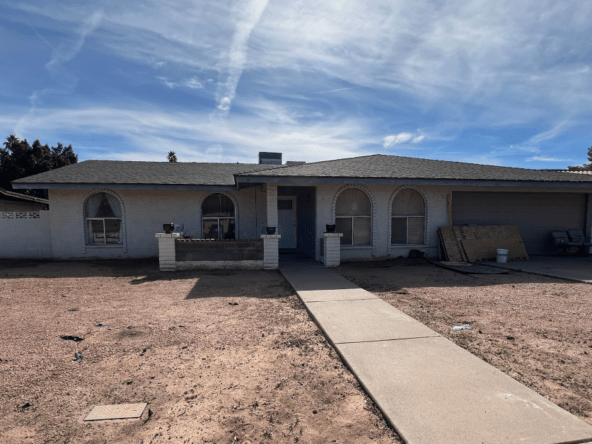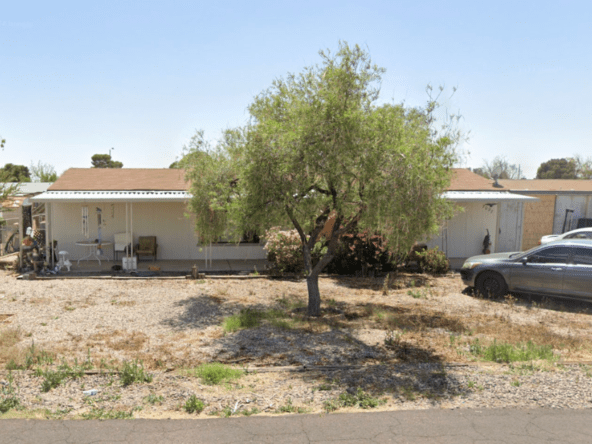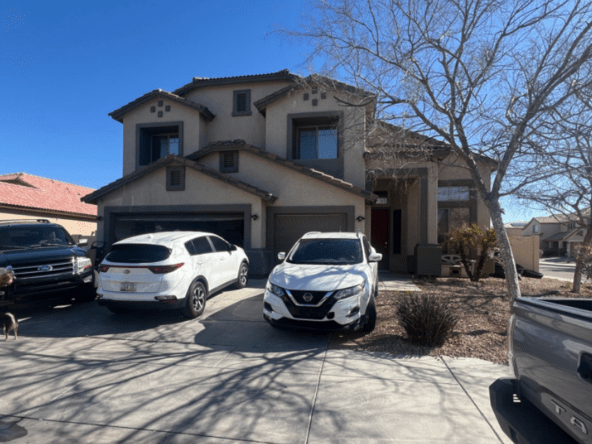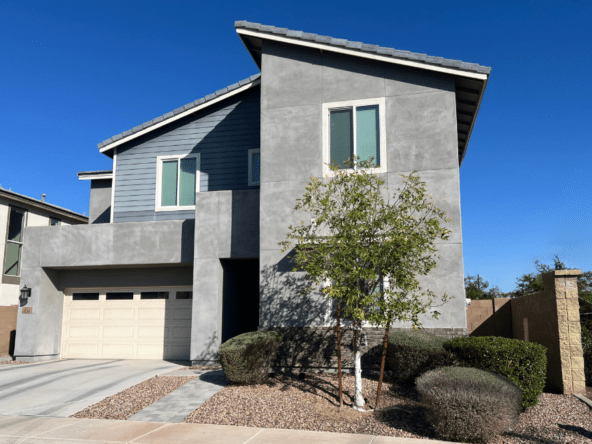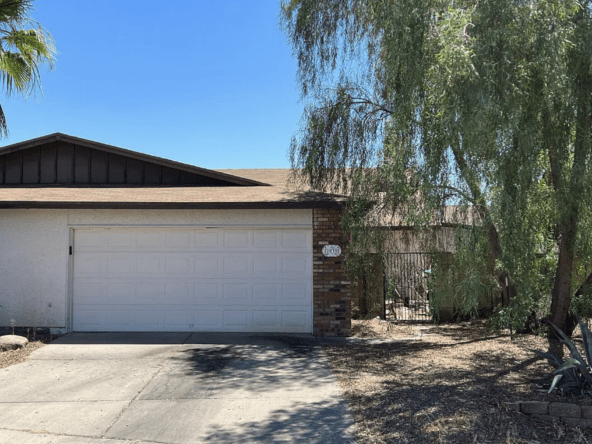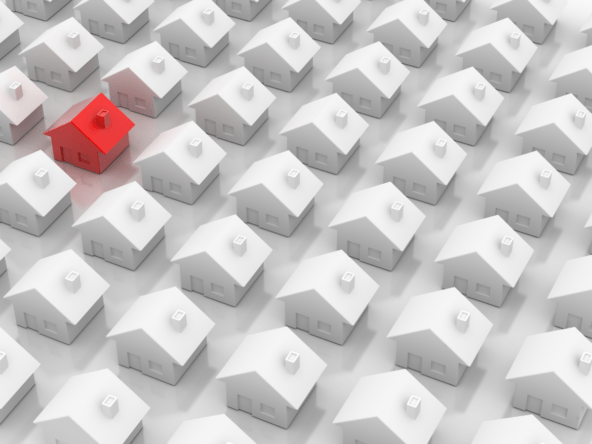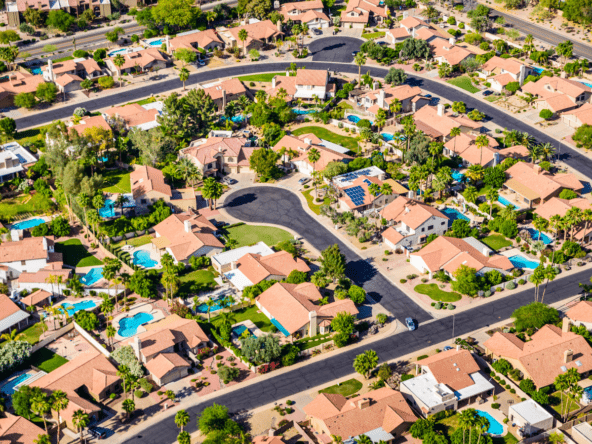Homeownership is certainly not without its costs. Saving for a down payment and coming up with closing costs are just the beginning. Covering costs like maintenance, repairs, insurance, and HOA fees are among the expenses that soon become too familiar with new homeowners.
But the alternative—renting—also comes with its own slate of costs. The choice of whether it is better to buy or rent has long been debated. But, many of these expenses are forgotten when determining whether owning or renting is the most sound financial decision.
Here are four ways it costs you to keep renting, some of which you may not have considered:
Your monthly housing payment can jump up
When you’re a homeowner with a fixed rate mortgage, you know what your mortgage payment is going to be next month, next year and 20 years from now. Unless you end up refinancing, your mortgage payment won’t increase. That kind of stability can make it easier to create an overall household budget.
As a renter, you’re at the mercy of your landlord, who may decide to increase your rent next year. And, the year after that.
Where does this leave you, the tenant? You’re left either paying the higher price or finding a new place to live, with no guarantee you won’t experience rent increases in your new place as well.
Home improvements are money out of your pocket
What’s a house if you can’t make it your own? It’s important to enjoy your surroundings and feel comfortable in your home surroundings. The problem is, it’s hard to put your personal touch on your place when you’re just renting. Landlords usually have rules about things like hanging art or painting the walls.
Want to save some money on your energy bill, with updated windows or doors? You likely can’t do any sort of upgrades in a home you don’t own, even if you wanted to. Even if you could, it would not make financial sense because you would be leaving your investment behind when you move. Worse yet, you could experience deductions from your security deposit for making changes to the property.
If you own your home, however, making investments to update or improve it makes financial sense in most cases—you can improve the value of your home and build equity.
Utilities and services may cost more
Here’s something you’ve probably never considered: because you are locked into what is offered, and don’t have the opportunity to shop around for things like Internet, streaming services and energy saving measures, you could be paying more for these services than if you owned your home. Rent in an apartment complex and you may end up paying for amenities you don’t even use.
It’s surprising how quickly seemingly small expenses can add up. Having the luxury to shop around for the best deals and select energy-saving techniques like solar panels or insulated windows, can make quite a difference in your monthly expenditures.
Your home is not building wealth
Most people understand this advantage of homeownership: when you’re making a mortgage payment, you’re building equity in your home. When you’re renting, you’re simply paying someone else’s mortgage and helping them build their equity. You won’t be able to build wealth in rental property.
With homeownership, every mortgage payment made helps to reduce your loan and build equity in your home. It’s one of the fastest, most efficient way to invest your money and build wealth.
The bottom line is that buying a home is a good investment. But it may also be less costly than renting–not only because the payment could be lower, but because of the hidden ways renting can cost you more.
Unlisted Homes For Sale
Off market homes you will not find anywhere else. Get access to incredible deals.
Transformative Potential with Outstanding Profit Margins
- Asking $275,000
- Beds: 2
- Baths: 2
- 1457 sqft
- Single Family Home
Seize the golden opportunity for a quick flip in Mesa
- Asking $350,000
- Beds: 4
- Bath: 1
- 1660 sqft
- Single Family Home
A Prime Property Awaiting Your Touch for Maximum Profit
- Asking $345,000
- Beds: 3
- Baths: 2
- 1719 sqft
- Single Family Home
Profit in Scottsdale’s Prestigious Eagle Point
- Asking $450,000
- Beds: 2
- Baths: 2
- 1141 sqft
- Townhouse
Profitable Flip or Rental Opportunity Awaits in Mesa
- Asking $360,000
- Beds: 3
- Baths: 2
- 1604 sqft
- Single Family Home
Low-Effort High-Return Investment in Peoria
- Asking $199,000
- Beds: 3
- Baths: 2
- 1496 sqft
- Mobile Home
Your Next High-Profit Opportunity Awaits in Laveen
- Asking $380,000
- Beds: 5
- Baths: 3
- 2616 sqft
- Single Family Home
Exceptional Chandler Home Priced to Sell Fast! Unbeatable Offer Awaits
- Asking $765,000
- Beds: 5
- Baths: 3.5
- 3168 sqft
- Single Family Home
Unlock Exceptional Investment Returns in Dobson Ranch
- Asking $305,000
- Beds: 3
- Baths: 2
- 1221 sqft
- Townhouse




